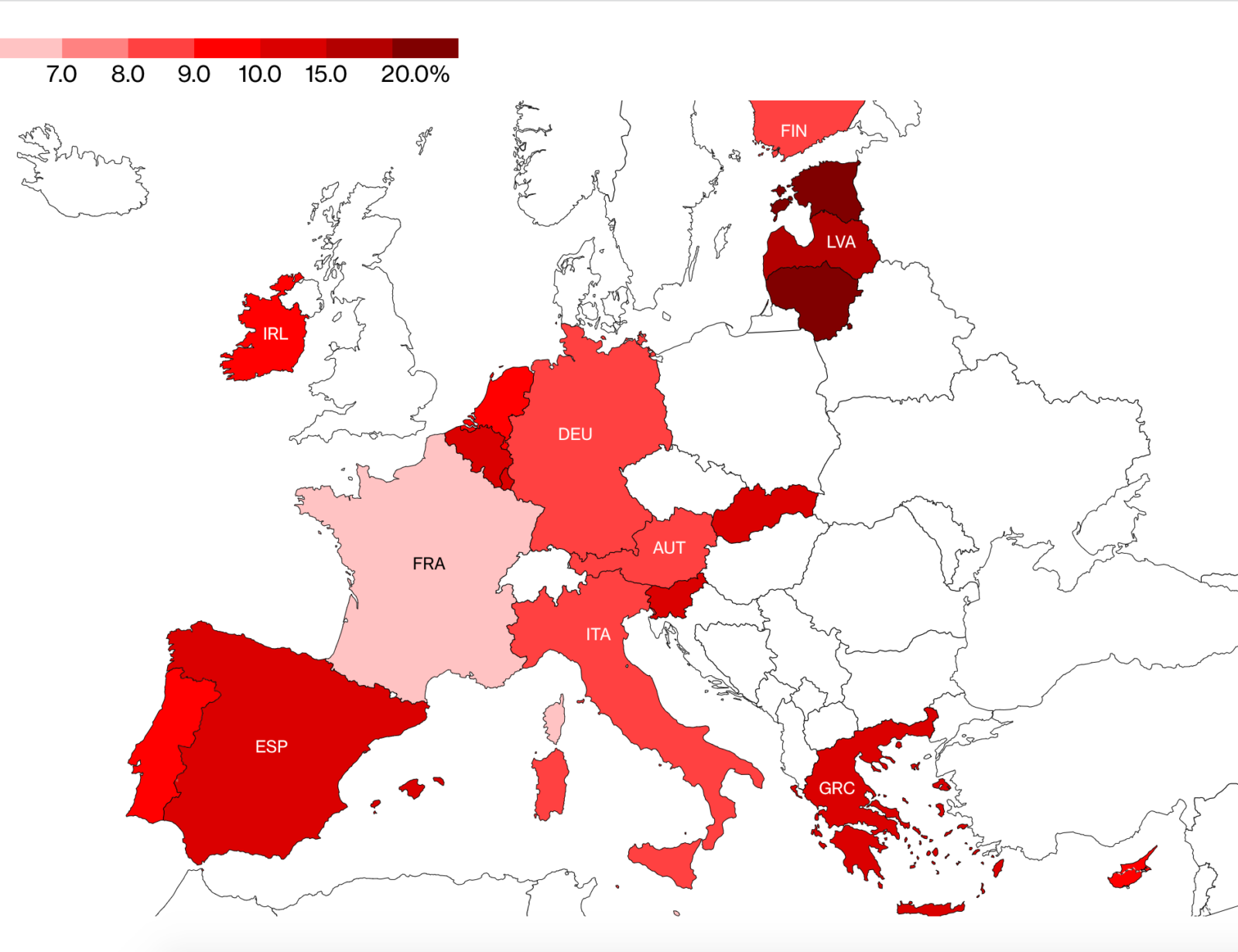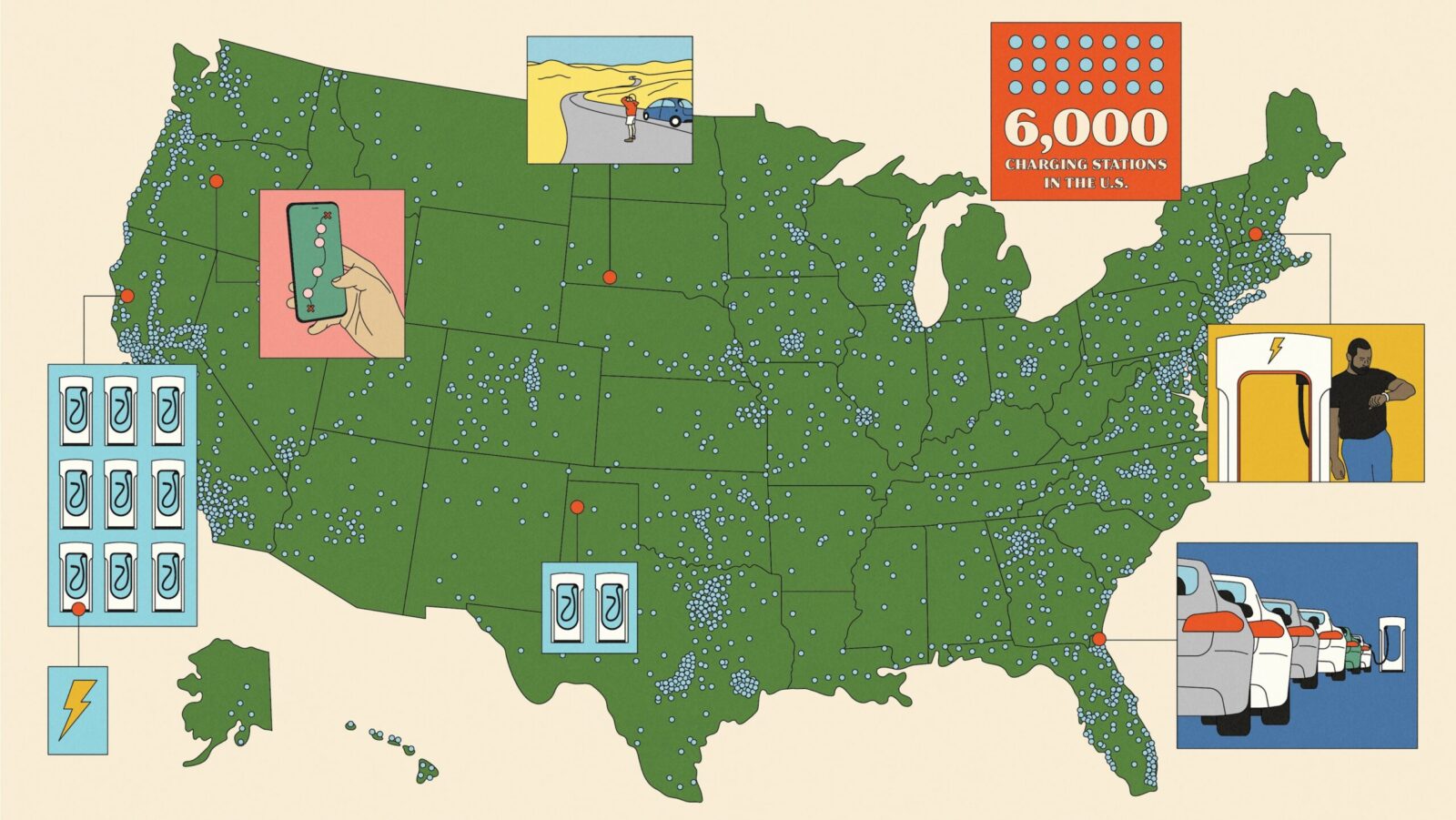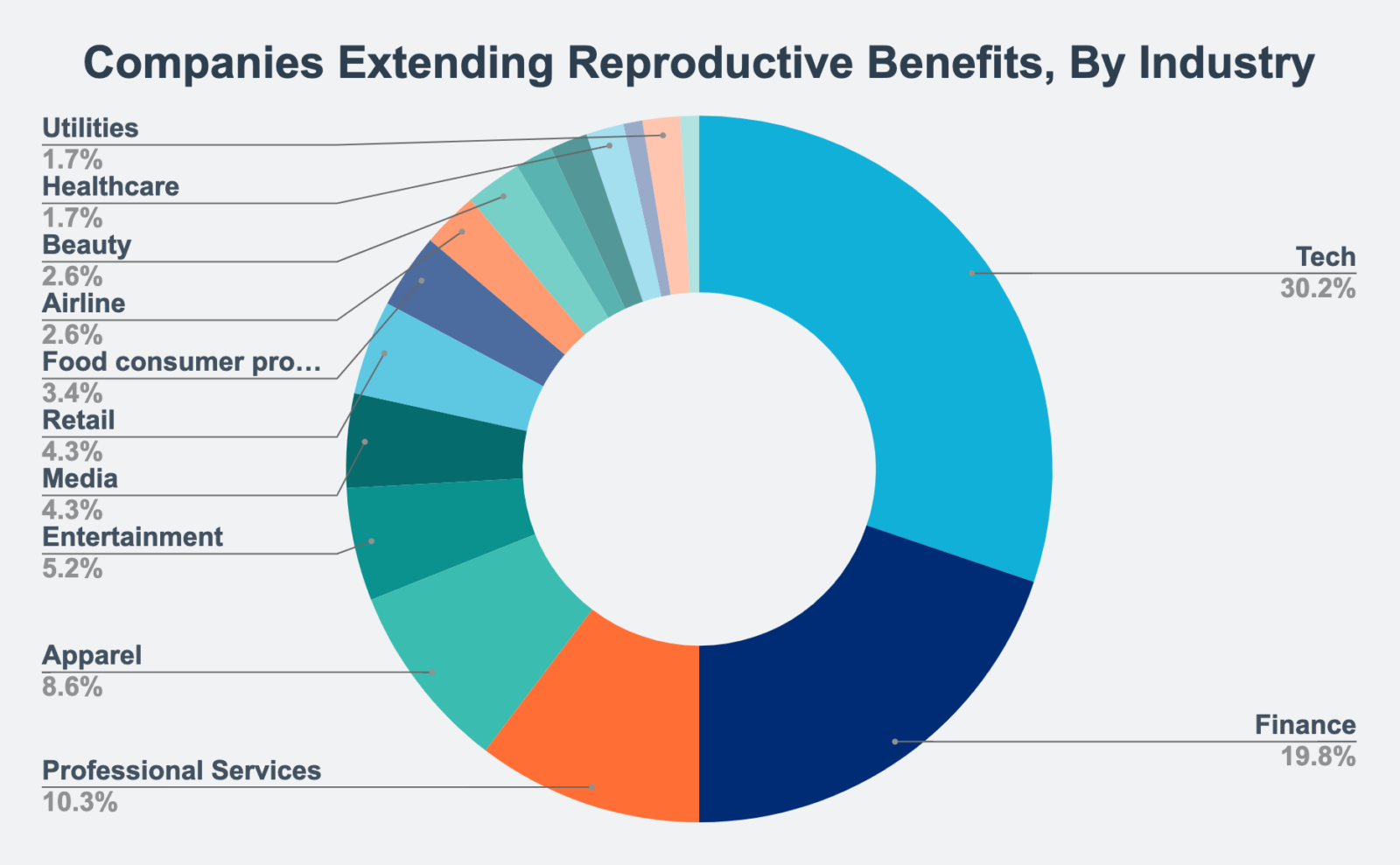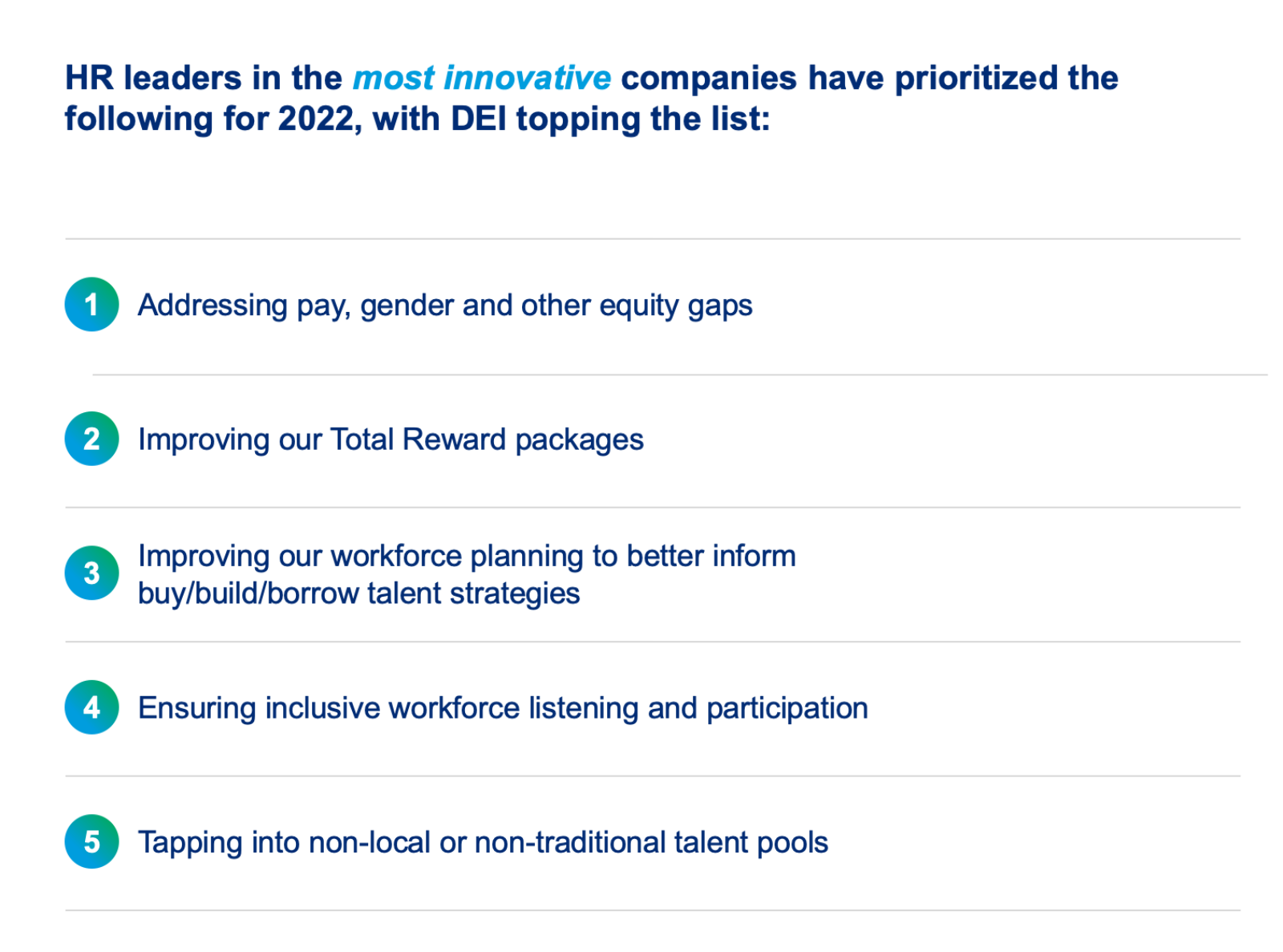The Riskiest Cities for Business Are in the Americas

Latin America has more than 60% of the most crime-stricken cities in the world, and crime risks are also rising in the U.S., according to analysis from consulting firm Verisk Maplecroft.
Maplecroft analyzed which areas of the world present the biggest security threats to companies and their employees, assets and supply chains. The 100 most dangerous cities are distributed over the globe, with 33 cities from the Americas, 33 from Africa, 19 from Asia, 14 from MENA, and one from Europe (Kyiv).
Sixty-two of the 100 riskiest cities are in Latin America, with eight cities — including Chihuahua, Medellín and San Salvador — receiving the highest possible risk scores. U.S. cities also performed poorly compared to similarly high-income cities in Europe and East Asia. Cities that featured prominently in their risk index include Baltimore, Memphis and Jacksonville.






